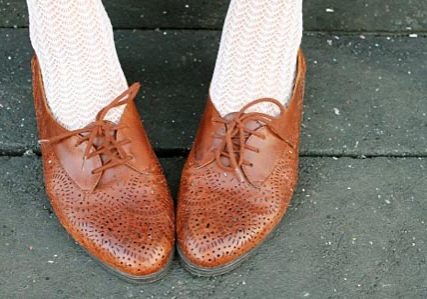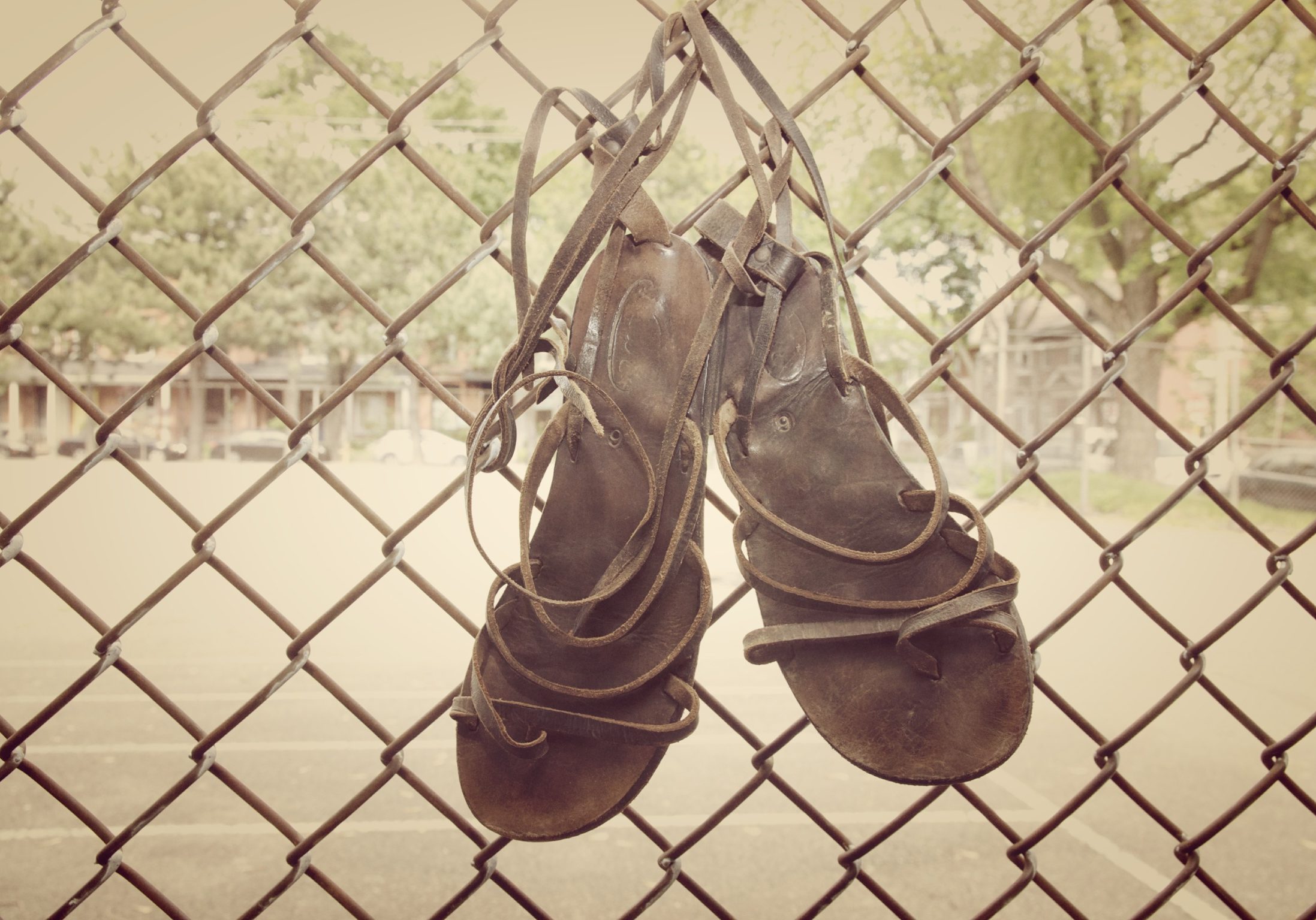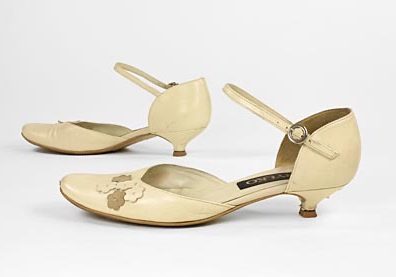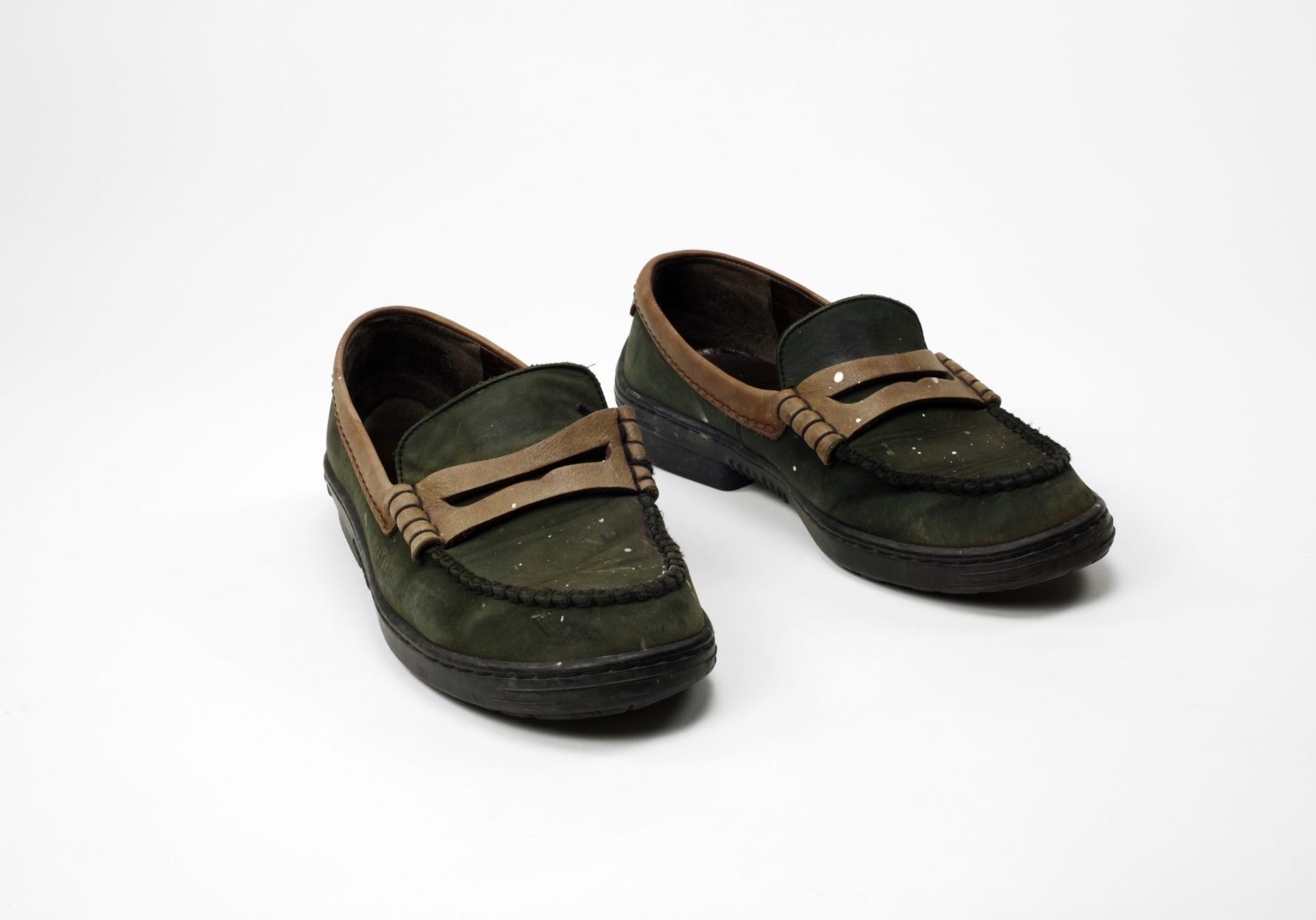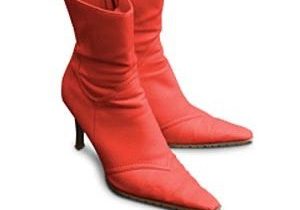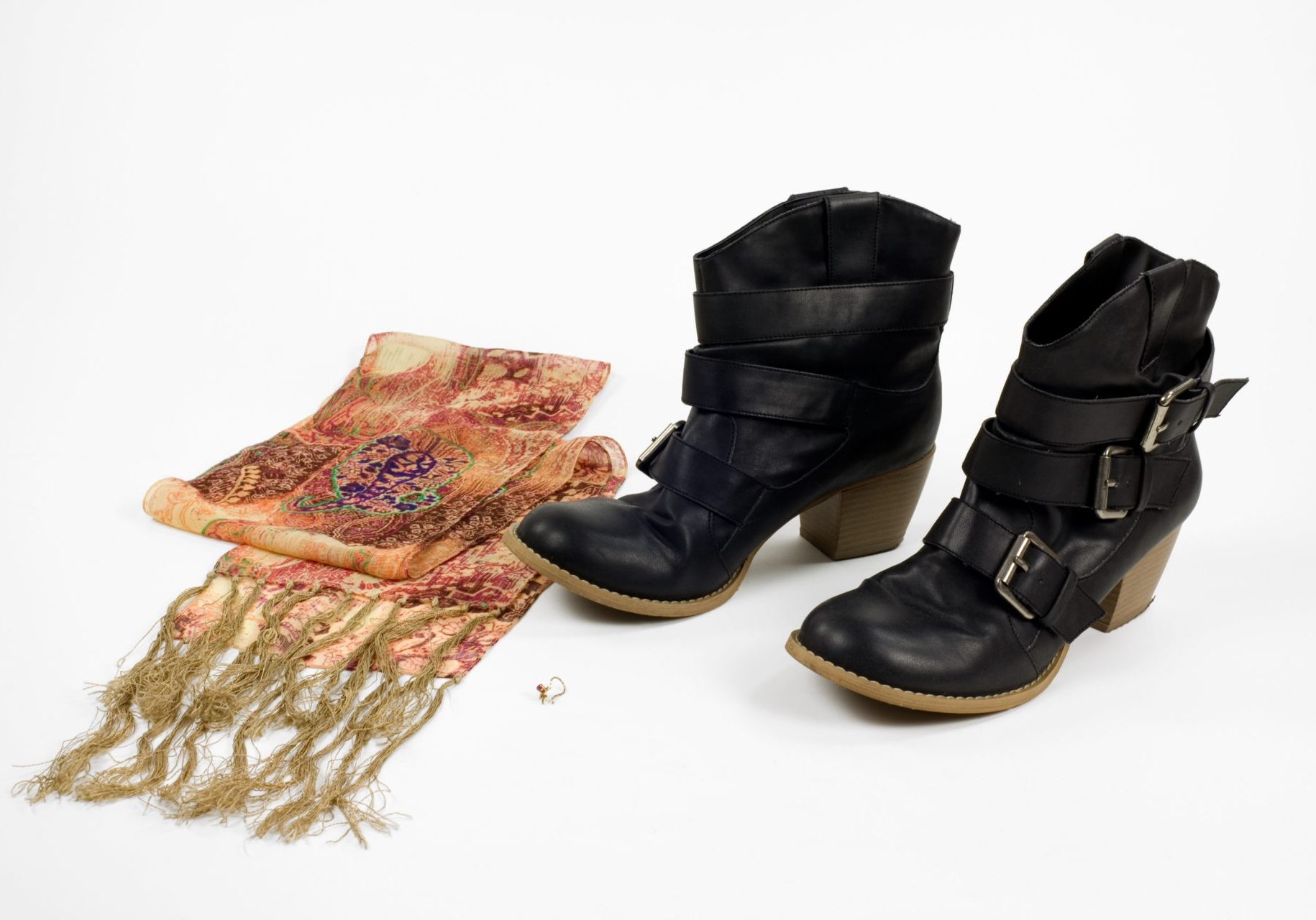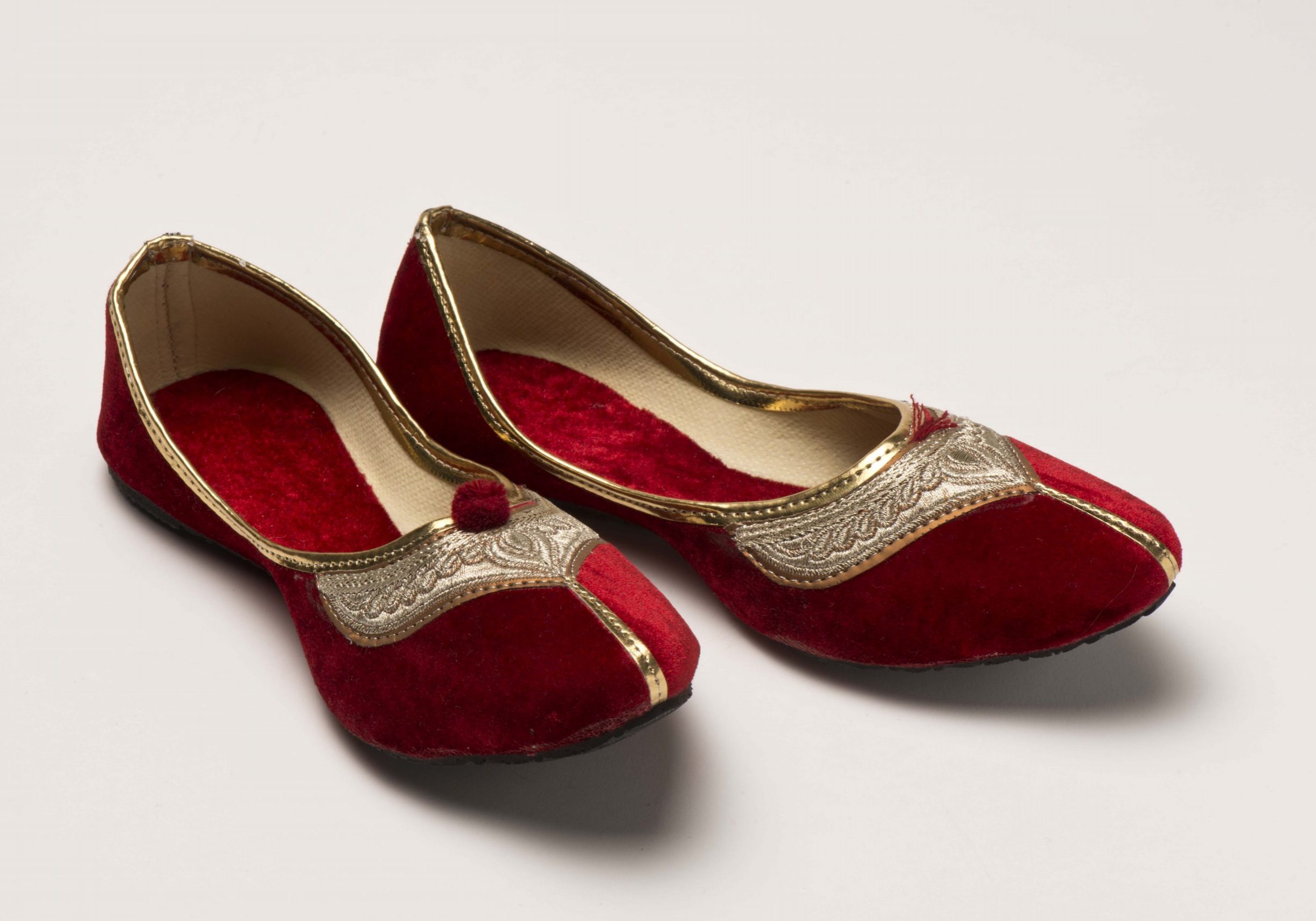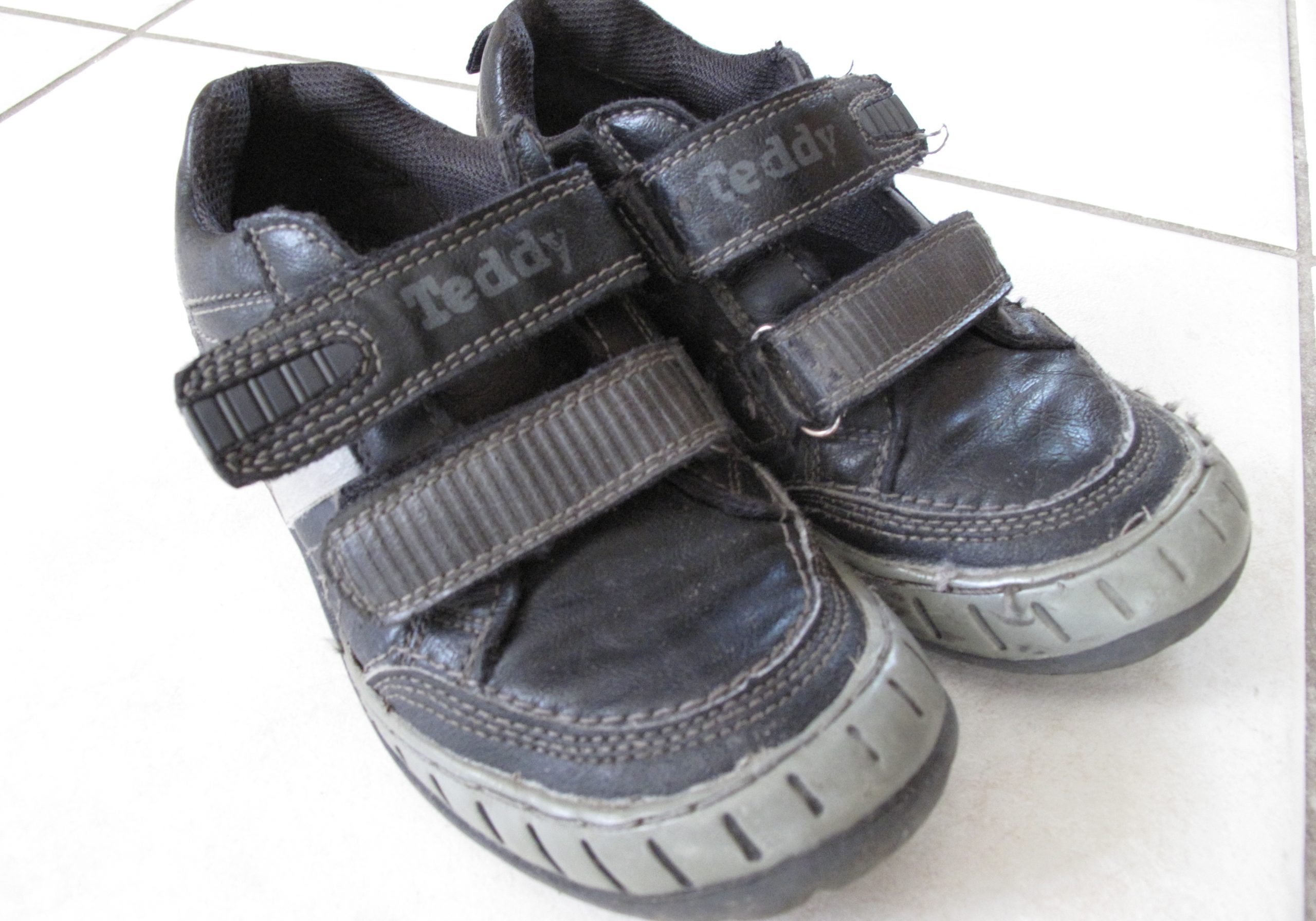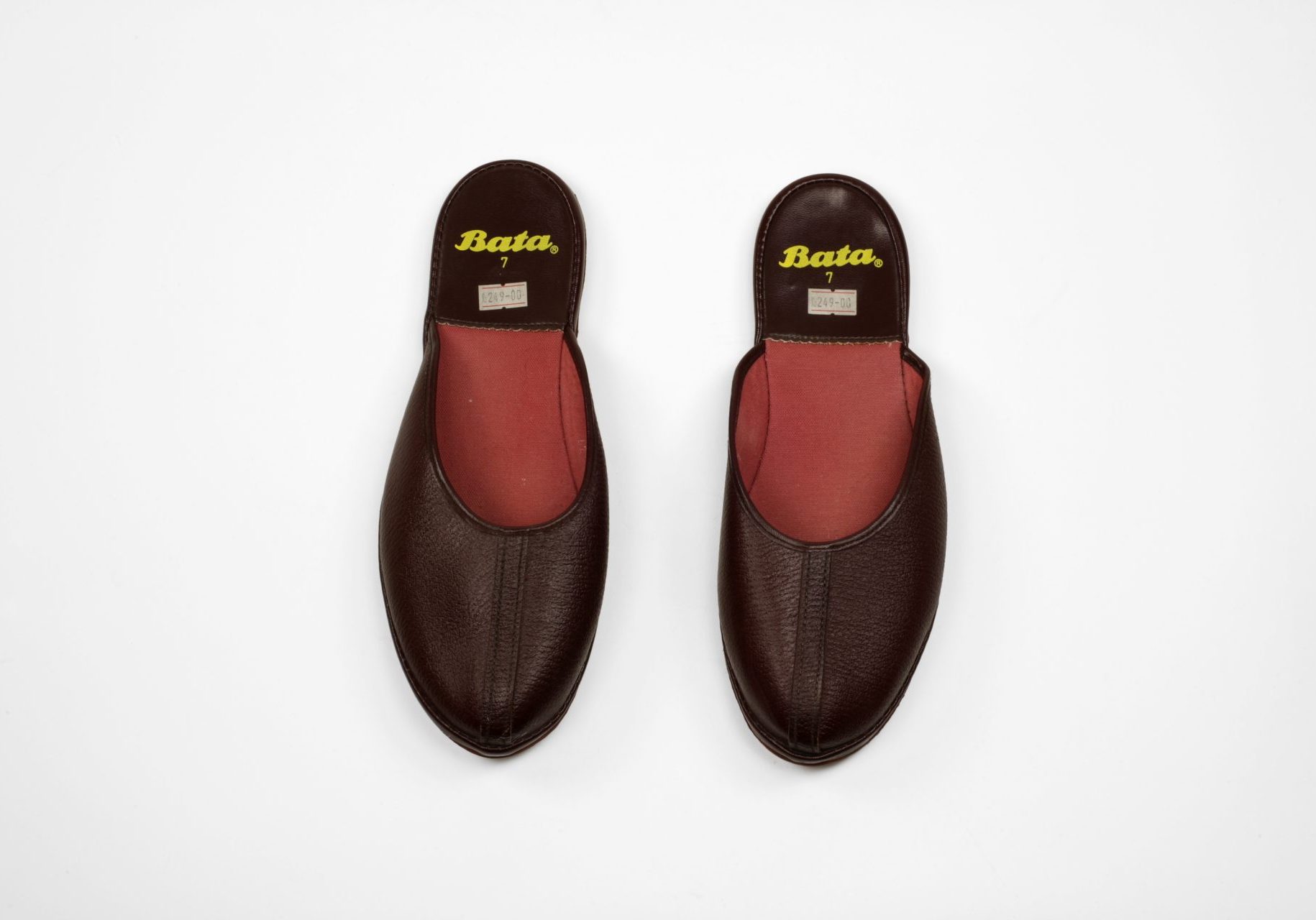My Grandfather’s Gift
Lianny Torres
Summary:
These shoes, purchased with the generosity of my grandfather, carry indelible memories of university classes, lively dances and romantic walks in Cuba, a place I would never have left if my efforts could have provided my family with at least a decent meal every evening. Now, my lovely ballerina flats patiently wait in my Toronto closet for the day Cuba becomes a free country.
Story:
Walking home on that stifling afternoon in 2010, I didn’t have shoe shopping on my agenda. But then my eyes fell upon the loveliest ballerina flats I had ever seen. They had to become mine, not just because they could gracefully enhance every outfit, not because my beige loafers had already endured two semesters of daily walking to university, but because I was under their spell. I entered the shop.
“Are they available in size nine?” I asked.
“They’re sold out,” the clerk replied. “Only one pair left, the ones on display.” He went to fetch them.
I still treasure the memory of sliding my feet into them, feeling the black ribbons wind upward around my leg and ending at my upper ankle. They were flexible with their black canvas exterior and soft tan interior. A vamp comprised of three overlapping pieces of material, stitched together, sat neatly atop the toe line.
“How much are they?” I asked.
My dream of owning them was shattered. The cost was over three months’ salary for my engineer father and my accountant mother. By Canadian standards, the average monthly salary of a Cuban professional is lunch money: $20! Given Cuba’s Marxist economy, those shoes would represent a serious threat to our family’s meals for the next three months. Nevertheless, I wanted them. Upon reaching home, I poured my heart out to my grandparents. Surprisingly, my grandfather said, “Guess what! I have some spare money here. Go and buy those shoes if the store is still open!”
I dashed back. All the way, I wondered about my grandfather’s secret cache of cash. He used to buy me a new backpack and a matching pair of sneakers every September, turning me into the most envied—and spied on—girl in the school. Cuban children were encouraged by their teachers to report any “counter-revolutionary” behaviour witnessed at home or among peers. Enjoying luxuries, such as lobster or expensive shoes, would place anyone under suspicion.
My grandfather had suffered to provide a comfortable life for his family. That was before he was forced to relinquish half his property to be distributed among poor farmers. Since the revolution’s banner was “equality,” affluent families had to comply with the new regime and adopt an austere lifestyle in dilapidated houses, while foreign tourists enjoyed the good life. Somehow, however, fifty-one years later, my grandfather could still fulfill my shoe dream. Had he been receiving money from his relatives in Spain or hiding his pre-1959 savings?
When I reached the shop, the shoes were waiting for me. From that day, those ballerina flats accompanied me wherever I went, in fair or bad weather. At parties, they made me float. On long walks, they made sure I wouldn’t get too tired.
They were also there during the saddest farewells, guiding me to every friend’s door for the last time. At the airport, I was wearing them when I said good-bye to my country. My teardrops fell on them as I watched my grandparents through the unbreakable glass barrier. There had been no question about which shoes I would wear on the plane. Those shoes witnessed over three hours of silent, incessant crying during the 43,325-kilometre flight from Havana to Toronto—a place offering no guarantees but a radical change of destiny and dreams.
Like other young female immigrants, I brought my most precious clothes and accessories. Although my favourite flats have some scars on them now and their original sheen has faded, I will never discard them. Somehow, just knowing that they’re in my closet gives me a sense of security, perhaps because they symbolize all that I left behind in Cuba, the place where I turned 21 and to which I dream of returning one day.
For now, however, Canada is my home. Coming here was my choice. I can express my opinions freely and do whatever I want without fear of being reported. I feel enriched by my new friends –as well as the possibility of earning a decent salary one day as a licensed dentist, rather than the $30 per month that dentists in Cuba receive.
Hard work and perseverance are the keys, but it is not always easy to stay optimistic. When I see my father’s solid background ironically becoming a drawback, and my mother’s limited English relegating her to child care work, when I miss my grandparents and friends, my pain sometimes overwhelms me. Eventually, however, from a corner of my closet, my loyal ballerina flats seem to send me the encouragement I need.
LIANNY TORRES is a dental student who is currently working to gain credentials in her profession.
